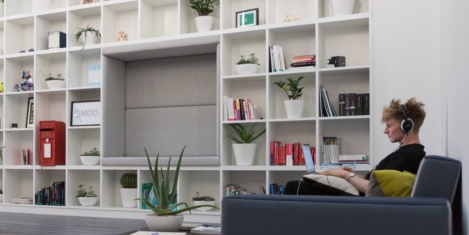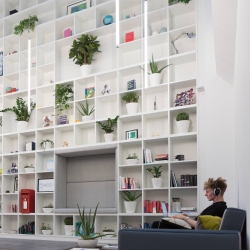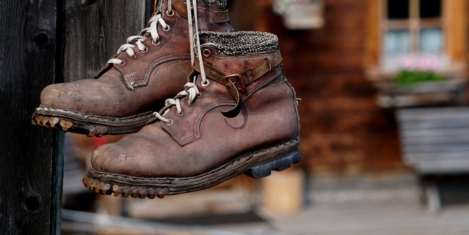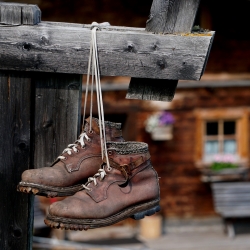To provide the best experiences, we use technologies like cookies to store and/or access device information. Consenting to these technologies will allow us to process data such as browsing behaviour or unique IDs on this site. Not consenting or withdrawing consent, may adversely affect certain features and functions.
The technical storage or access is strictly necessary for the legitimate purpose of enabling the use of a specific service explicitly requested by the subscriber or user, or for the sole purpose of carrying out the transmission of a communication over an electronic communications network.
The technical storage or access is necessary for the legitimate purpose of storing preferences that are not requested by the subscriber or user.
The technical storage or access that is used exclusively for statistical purposes.
The technical storage or access that is used exclusively for anonymous statistical purposes. Without a subpoena, voluntary compliance on the part of your Internet Service Provider, or additional records from a third party, information stored or retrieved for this purpose alone cannot usually be used to identify you.
The technical storage or access is required to create user profiles to send advertising, or to track the user on a website or across several websites for similar marketing purposes.
 Hybrid working could bring nearly four million people “locked out” from work such as parents, carers and disabled people into the workforce and enable part-time workers to work more hours adding £48.3bn to the UK economy each year, according to a new study by Virgin Media O2 Business and the Centre for Economics and Business Research (Cebr). (more…)
Hybrid working could bring nearly four million people “locked out” from work such as parents, carers and disabled people into the workforce and enable part-time workers to work more hours adding £48.3bn to the UK economy each year, according to a new study by Virgin Media O2 Business and the Centre for Economics and Business Research (Cebr). (more…)






 CEOs of the world’s largest businesses are increasingly optimistic about the outlook for their own business, according to the latest
CEOs of the world’s largest businesses are increasingly optimistic about the outlook for their own business, according to the latest 
 More than two thirds (68 percent) of over-55s feel that the job market is closed to them, despite one in four wanting to work into their 80s, according to a study commissioned by
More than two thirds (68 percent) of over-55s feel that the job market is closed to them, despite one in four wanting to work into their 80s, according to a study commissioned by 


 UK office workers would need a £4,000 salary bump to tempt them back to the office full-time. This is according to new research released today by
UK office workers would need a £4,000 salary bump to tempt them back to the office full-time. This is according to new research released today by 
 New research commissioned by
New research commissioned by 
 More than two-thirds (68 percent) of employees in the UK have admitted they get so many distractions and message notifications during work that it’s affecting their productivity. This is according to new research from
More than two-thirds (68 percent) of employees in the UK have admitted they get so many distractions and message notifications during work that it’s affecting their productivity. This is according to new research from 
 The
The 
 When people first started working from home in large numbers for the first time in the Spring of 2020, one of the most talked about issues was how the productivity of most stayed the same or improved. This shouldn’t have been that surprising given all that we have learned about remote and flexible working over the years, but it certainly drove the debate for a while.
When people first started working from home in large numbers for the first time in the Spring of 2020, one of the most talked about issues was how the productivity of most stayed the same or improved. This shouldn’t have been that surprising given all that we have learned about remote and flexible working over the years, but it certainly drove the debate for a while. 
 A new report from the RSA and Vitality warns of the potentially serious impact on the long-term physical and mental health of employees. The authors claim that the ‘long lockdown effect’ should lead employers to see health and wellbeing as important strategic issues and place them on the company’s risk registers. With the shift to more flexible working cultures now set to continue,
A new report from the RSA and Vitality warns of the potentially serious impact on the long-term physical and mental health of employees. The authors claim that the ‘long lockdown effect’ should lead employers to see health and wellbeing as important strategic issues and place them on the company’s risk registers. With the shift to more flexible working cultures now set to continue, 
 As the UK lockdown eases and the nation slowly returns to the office,
As the UK lockdown eases and the nation slowly returns to the office, 







September 28, 2021
Developing a future of work strategy depends on asking the right questions
by Mark Caskey • Comment, Flexible working, Workplace design